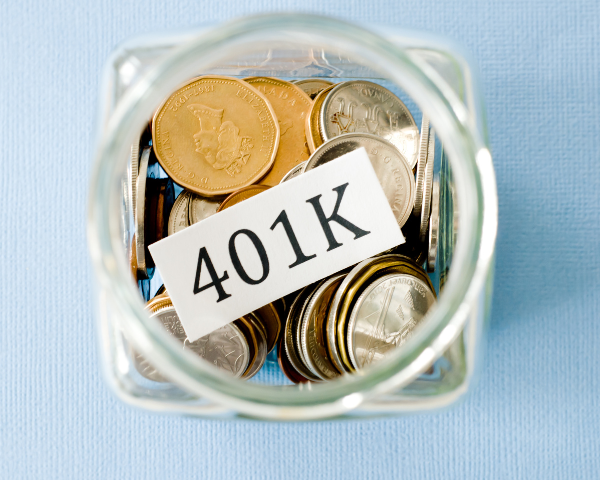
Achieving homeownership is an aspiration for many Americans, yet it can pose considerable challenges. If you find yourself lacking funds for a down payment, one alternative is to utilize your 401(k) for the purchase of a house.
Yes, in certain situations, you can use your 401(k) to buy a house. The Internal Revenue Service (IRS) allows for penalty-free withdrawals from your 401(k) for a first-time home purchase. Here are some key points to consider:
First-Time Homebuyer Exception
You can withdraw funds from your 401(k) without the usual 10% early withdrawal penalty if you are a first-time homebuyer. According to IRS rules, you are considered a first-time homebuyer if you haven’t owned a principal residence in the last two years.
Withdrawal Limits
While you can avoid the early withdrawal penalty, you will still need to pay regular income tax on the withdrawn amount. The IRS allows you to withdraw up to $10,000 per person ($20,000 for a married couple) for a first-time home purchase.
Loan Option
Some 401(k) plans also offer the option to take a loan against your 401(k) for the purpose of buying a home. This can be an alternative to a direct withdrawal. However, it’s important to understand the terms of the loan, including the interest rate and repayment schedule.
Repayment
If you take a withdrawal, there is generally no requirement to repay the amount to your 401(k). However, if you take a loan, you will need to repay it according to the terms set by your plan. Failure to repay a loan may result in penalties.
Considerations
While using 401(k) funds for a home purchase is an option, it’s crucial to consider the long-term impact on your retirement savings. Withdrawing or borrowing from your 401(k) reduces the amount of money that can grow tax-deferred for your retirement.
Consultation
Before making any decisions, it’s advisable to consult with a financial advisor or tax professional. They can provide personalized advice based on your financial situation and goals.
Pros and cons of using a 401(k) to buy a home
Pros:
- Access to Funds: Using a 401(k) allows you to access funds for a home purchase that might not be available through other means.
- Avoiding Loan Approval: Unlike a traditional mortgage, you don’t need to go through a loan approval process when using your 401(k) funds.
- Lower Interest: If you borrow from your 401(k) instead of withdrawing, the interest you pay goes back into your account.
- Potential for Growth: If you borrow rather than withdraw, the invested amount has the potential to continue growing.
- No Credit Check: There’s no need for a credit check, as this is not a traditional loan.
Cons:
- Impact on Retirement Savings: Withdrawing or borrowing from your 401(k) reduces the amount of money that can grow for your retirement.
- Tax Implications: Withdrawing funds may have tax implications, and early withdrawals may incur penalties.
- Repayment Obligation: If you borrow, you’re obligated to repay the amount, usually within five years. If you leave your job, the repayment period may be shorter.
- Potential Market Losses: If you sell investments to fund your home purchase and the market is down, you may lock in losses.
- Risk of Default: If you can’t repay the 401(k) loan, it may be treated as a withdrawal, incurring taxes and penalties.
- Opportunity Cost: The funds used for the home purchase could potentially have earned more if left to grow in the 401(k) account.
Remember that while using 401(k) funds for a home purchase can be a viable option, it’s essential to carefully weigh the pros and cons and understand the potential implications for your retirement savings and tax situation. Consulting with a financial advisor is recommended to assess your individual situation and explore alternative financing options.




